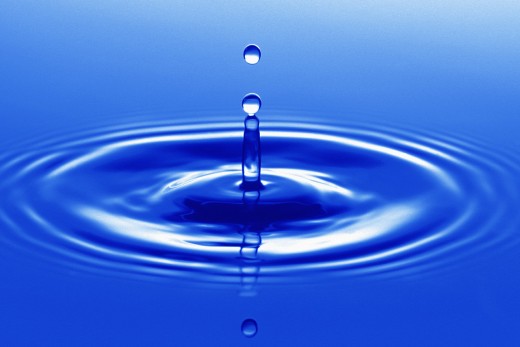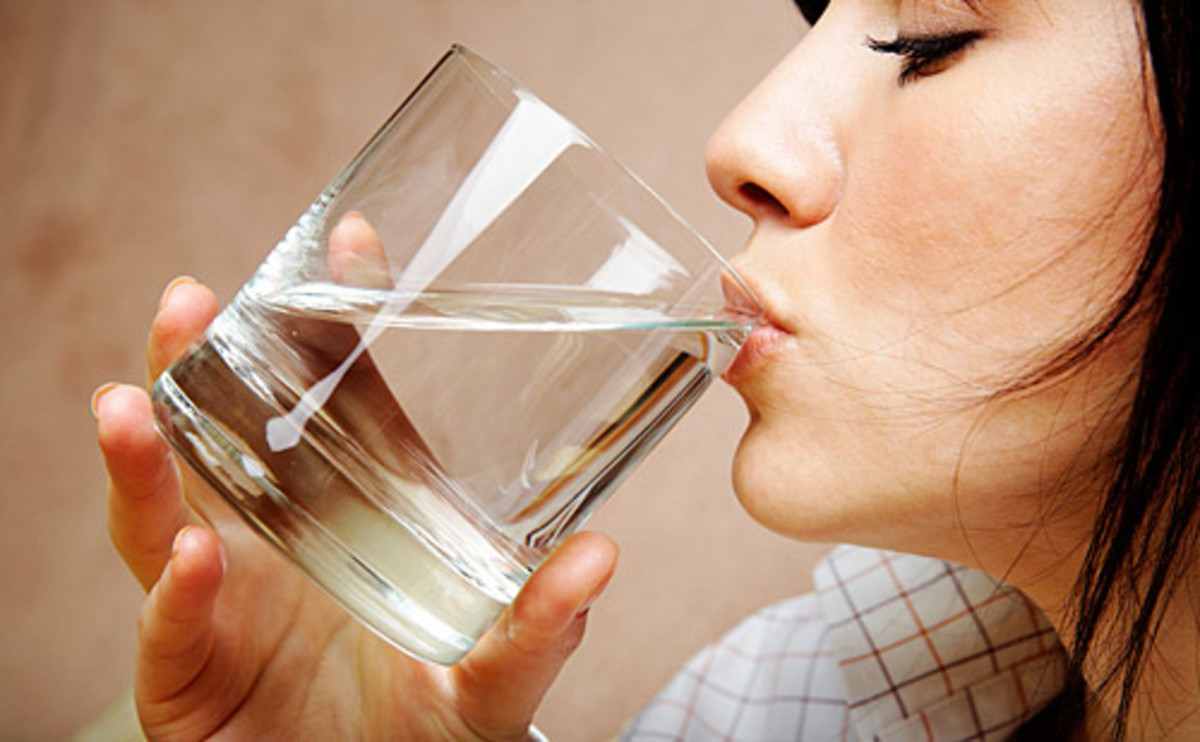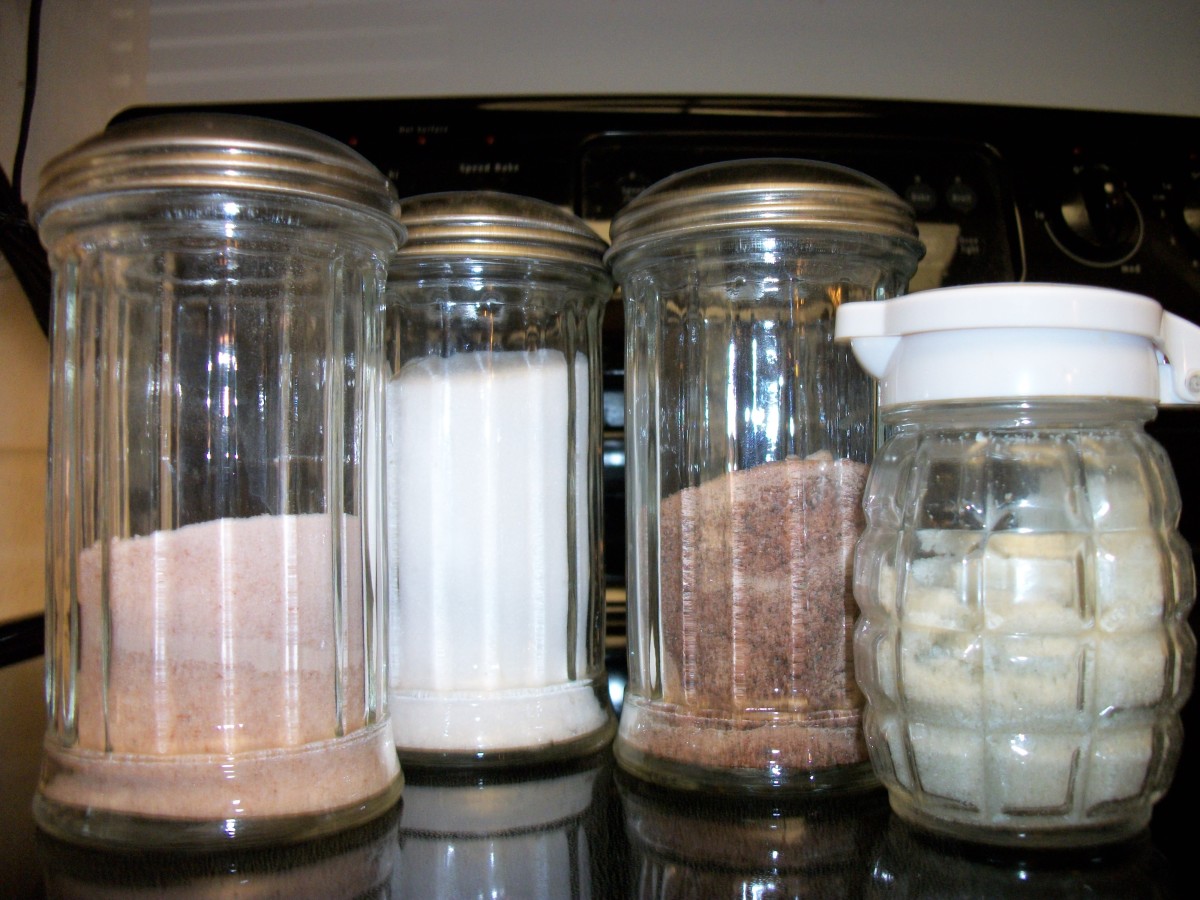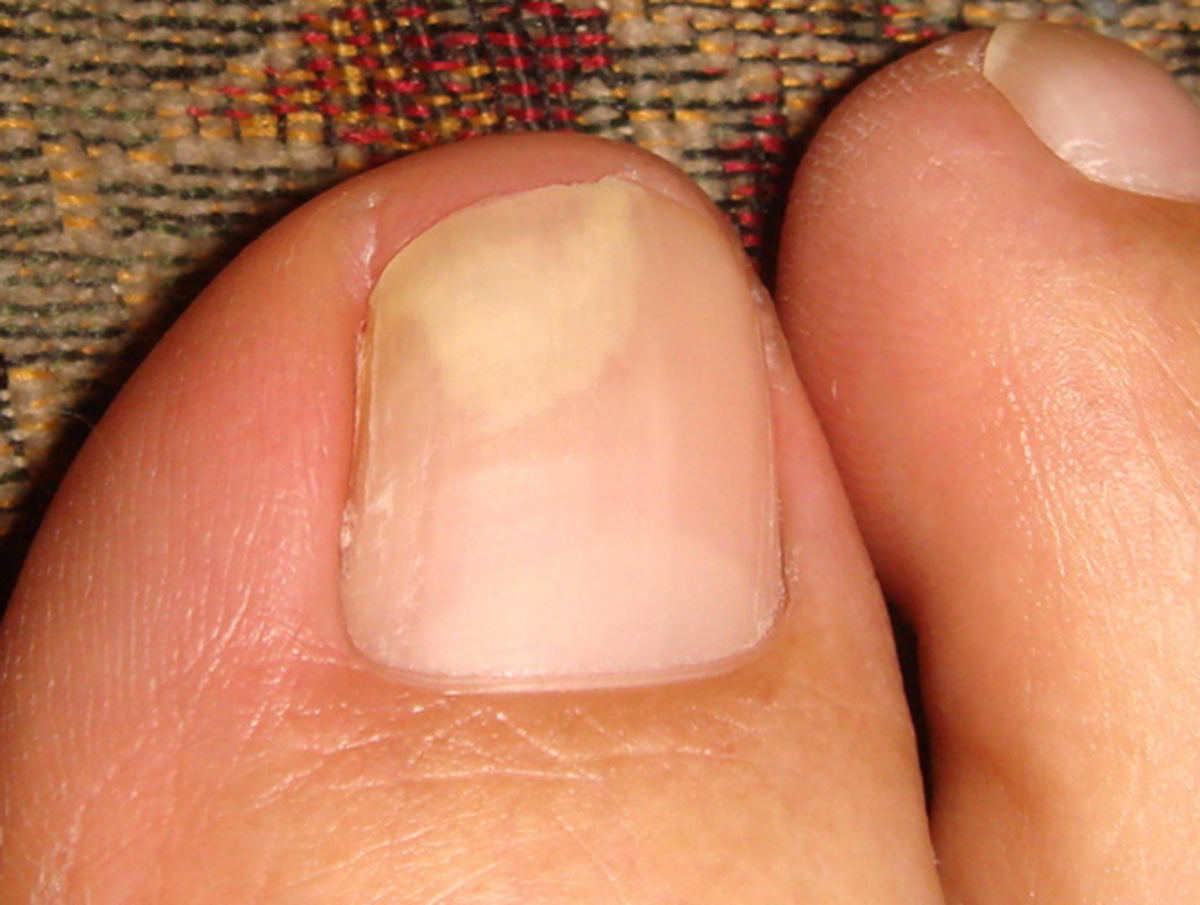Water And Our Body
Our body is composed of approximately 75 percent water. The water we consume is responsible for and involved in nearly every process in our body from digestion, absorption, circulation and all the way to excretion.
For some time now, with all the hustle and bustle of new health products ever coming into the market and being sold like hot cakes like the top of the line anti aging products, longevity products, vitamins, minerals, life extension formulas, antioxidants and so on with all this easy information that is given to us we tend to forget one basic important element! Water!
Water, the quantity and quality of water we drink are one thing we tend to forget.
It has been over and over investigated and systematically proven that the average of two thirds of the global population just in developed countries goes through their lives in their day to day without even knowing that they are dehydrated.

This “unfelt” dehydration causes our body to slowly weaken and resulting in a lesser capability of normal digestion, greater toxic retention, poorer blood circulation, cell atrophy, brain atrophy, kidney failure and so much more.
Just take this simple example: you go to your washroom to do your “duties” and all of a sudden there is no water to flush the toilet. When there is no water to flush what happens? And if that situation still keeps going on every time you use the toilet what happens more? The same with our bodies! No water, no circulation, no flush, no excretion, more bad smell…
Water is the primary carrier of nutrients throughout the body and is essential for all building functions in the body. It helps maintain a normal body temperature and is necessary for carrying waste material out of our body as the example given above.
Replenishing the water that is regularly lost through daily sweat and elimination is very vital. It is necessary for the proper performance of the body to drink at least six to eight glasses of water each day.
More on Water
- Tips on how to save water
Tips on how to save water - How to save water, The most precious liquid we have in this earth is still being taken for granted. Education in how to save water has to start at a very early age. The sooner we begin teaching our children how to save wat
Our body can survive without food for about seven weeks; our body cannot survive without water for more than seven days.
TAP WATER
Doesn´t matter where you live on this planet, your tap water could contain different substances from your neighbor´s depending on the plumbing. When towns started to supply water in to homes, this was way back, it was common to use then lead pipes that unknowingly resulted in lead poising.
The copper pipes that are being used today can lead to unsafe levels of copper, iron, zinc, and arsenic entering slowly into the body. Other pipes fitted, galvanized, plastic, pvc and multipex are composed of cadmium and plastic toxic elements that can dilute in your plumbing, posing another risk factor of toxic poisoning.
The water that is supplied to you by the city or town are tapped from rivers, lakes, creeks, streams, springs and dams and also pumped from deep below. Run off residues from intensive farming and industries can pollute the water that ends up in your home.
The water is treated for chemicals and toxic substances before being supplied to your home, but depending on the level of pollutants in the water throughout the year, that is constantly varying, you could be consuming poorly treated water one season and on another a few months down, excessively treated water that can still harm you.
If you are concerned you can always go to your town hall and ask where the regular water analyses are posted or even have your tap water analyzed by private laboratories if it makes you feel better.
Hard and Soft Water
Hard water contains the minerals calcium and magnesium in high levels, which leaves a film on clothing, pipes, dishes, tubs and basins. Your hair and skin can fell rough after a shower. With hard water you have to double the detergents when washing dishes and every time you fill your clothes washer so it can lather up. If you leave a bucket outside in the summer with hard water you will notice white rings forming on the inside as water evaporates.
In time the hard water deposits in pipes can come off loose and block off taps and faucets. In your body more importantly there still is some conflict, dissimilar studies and ideas whether the effects are good or bad. Some studies reveal hard water is beneficial to the body while other reports state that soft water is helpful to you.
Water and Fluor
I was told ever since I was a kid that Fluor
helps develop and maintain strong bones and teeth. Controversy says
otherwise,
that it weakens the immune system, provokes Down´s syndrome, could cause
cancer, spotted teeth and even more controversial issues that I could
write another hub about.
Filtered Water
The market is full of water filters and each brand claims to have the best filter there is. Ranging from your small table top liter 1/2 membrane filter or activated carbon to household fitted filters with chelated iron that can cost thousands. Reverse osmosis is considered to be good water filters.
Mineral and Spring Water
Mineral water flows over rocks being naturally filtered and collecting minerals on its way before it’s collected. While Spring water is bottled at the source Mineral water can be collected further down the stream and filtered to remove sand and dirt.These waters flow freely from the spring and it is not pumped from the ground. All of them contain a different concentration of minerals. The favorite brand of water you are drinking could contain a levels of minerals that you don´t need. Read the label.
Demineralized and Deionized Water
This system is done with electric charges to neutralize an atom or molecule and then by adding or removing electrons. Demineralized and deionization procedures removes nitrates and minerals calcium and magnesium from water and heavy metals like cadmium and some forms of radium.
Steam Distilled Water
Steam Distillation involves the process of vaporizing water by boiling it. Steam rises and leaves behind most pollutants chemicals, minerals, bacteria and viruses from the water. The steam is then piped into a condensing chamber where it is cooled to become distilled water. Consuming steam-distilled water “occasionally” can help remove inorganic minerals and toxins rejected by the tissues and cells out of our body. Over consumption for a long period of this water can lead to body mineral depletion.






